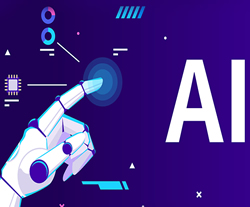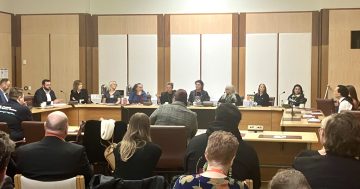 The White House and the European Commission have signed an administrative agreement committing each to quickening progress in the field of artificial intelligence (AI) with the goal of improving agriculture, healthcare, climate forecasting and emergency response.
The White House and the European Commission have signed an administrative agreement committing each to quickening progress in the field of artificial intelligence (AI) with the goal of improving agriculture, healthcare, climate forecasting and emergency response.
Described as “the first sweeping AI agreement between the United States and Europe” by a senior US administration official shortly before its announcement, the pact marks a change from previous agreements between the two parties, which have tended to focus on issues such as privacy.
EU’s internal market commissioner, Thierry Breton, said: “Based on common values and interests, EU and US researchers will join forces to develop societal applications of AI and will work with other international partners for a truly global impact.”
It is understood that AI modelling, which refers to machine learning algorithms that use data to make logical decisions, will form part of the agreement. By harnessing its potential, the hope is that governments on both sides of the Atlantic will be able to apply richer sources of data to their AI capabilities, making government operations and public services faster and more efficient.
Separately, AI modelling has been recommended for other uses in the US. As reported by Global Government Forum last year, data scientists in the country have started exploring the ability of AI modelling techniques to predict the likelihood of civil unrest, for example.
The practice, known as ‘unrest prediction’, uses AI algorithms to anticipate political violence in a country based on historic, economic, and democratic data trends. With time, such methods are expected to be able to predict outbreaks of political violence, such as those which followed the attack on the US Capitol Building in 2021.
In September 2021, GGF also reported on the US National Artificial Intelligence Advisory Committee, which was created to advise president Biden and federal agencies on AI research, ethics and development.
The European Commission, meanwhile, drafted a resolution in 2020 proposing to give humans ultimate powers to determine and overrule decisions made by AI and automated decision-making tools, particularly those made in areas such as healthcare, law and accounting.
The US official said that other countries would be invited to join the partnership in the coming months.
Washington, 27 January 2023









